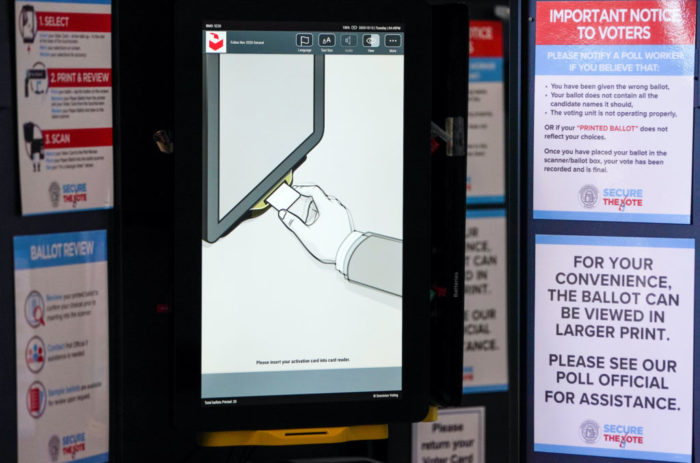redo Jump to...
print Print...
Directions
-Read the excerpt below from a special report by Megan McCormack, Scott Whitlock and Rich Noyes of The Media Research Center.
-Read "Types of Media Bias" in the right column. Then answer the questions.
MRC analysts reviewed all three cable news networks’ reporting on Iraq during a crucial ten weeks this year, from May 15 through July 21, a period that included heavy news coverage of allegations of U.S. military misconduct at Haditha as well as the successful air strike that eliminated al-Qaeda terrorist leader Abu Musab al-Zarqawi. Analysts looked at weekday coverage during the 10am EDT and 2pm EDT hours, a time of day when FNC, CNN and MSNBC all emphasize traditional news reporting from field correspondents, not opinionated talk show-style debate.
The results show clear editorial differences between the three cable networks. CNN and MSNBC resemble the big broadcast networks, emphasizing a bad news agenda of U.S. misdeeds and mistakes, while FNC was better able to balance the bad news with news of U.S. achievements in Iraq. Key findings:
- FNC was the most balanced network. All three cable news networks ran more stories reflecting bad news about the situation in Iraq than stories about coalition achievements. But FNC was the most balanced, with 20 percent of stories emphasizing optimism, compared with 30 percent that stressed pessimism.
- CNN was the most pessimistic network. Fully three-fifths (60%) of all CNN stories on the war emphasized setbacks, misdeeds or pessimism about progress in Iraq, compared to just 10 percent that reported on achievements or victories. MSNBC’s tilt was closer to CNN, with four times more bad news stories (48%) than reports stressing good news (12%).
- CNN and MSNBC sensationalized charges of U.S. wrongdoing. While FNC provided significant coverage to unproven claims of U.S. military misconduct in Iraq (12 stories), the other networks took a much more sensational approach to the story. MSNBC aired three times as much coverage of alleged misconduct as FNC (36 stories), while CNN aired a whopping 59 stories – nearly five times the coverage of FNC.
- Fox News Channel aired more stories about coalition success in Iraq. FNC aired a total of 81 stories announcing coalition victories in Iraq, nearly as many as MSNBC (47 stories) and CNN (41 stories) combined. During the ten weeks of our study, most coverage of Iraq’s political process reflected optimism about the democratically-elected government, a topic that FNC also showcased more than either MSNBC or CNN (63 stories vs. 34 and 38 respectively).
- Even on the best day, CNN and MSNBC found negative themes to promote. While all three networks presented news of Zarqawi’s death as a victory for the U.S. coalition, CNN chose that day to interview a Middle East journalist who complained, “There’s no good news in Iraq. There’s no corner that’s been turned, there’s no milestone….I just feel very depressed and hopeless.” Over on MSNBC, the network took time away from covering the breaking news of Zarqawi’s death to feature positive profiles of United States military deserters.
Go to mrc.org for the complete report.
To accurately identify different types of bias, you should be aware of the issues of the day, and the liberal and conservative perspectives on each issue.
Types of Media Bias:Questions
Why do you think only FOX News balanced the bad news with news of U.S. achievements in Iraq?
Scroll down to the bottom of the page for the answers.
Answers
Opinion question. Answers vary.



